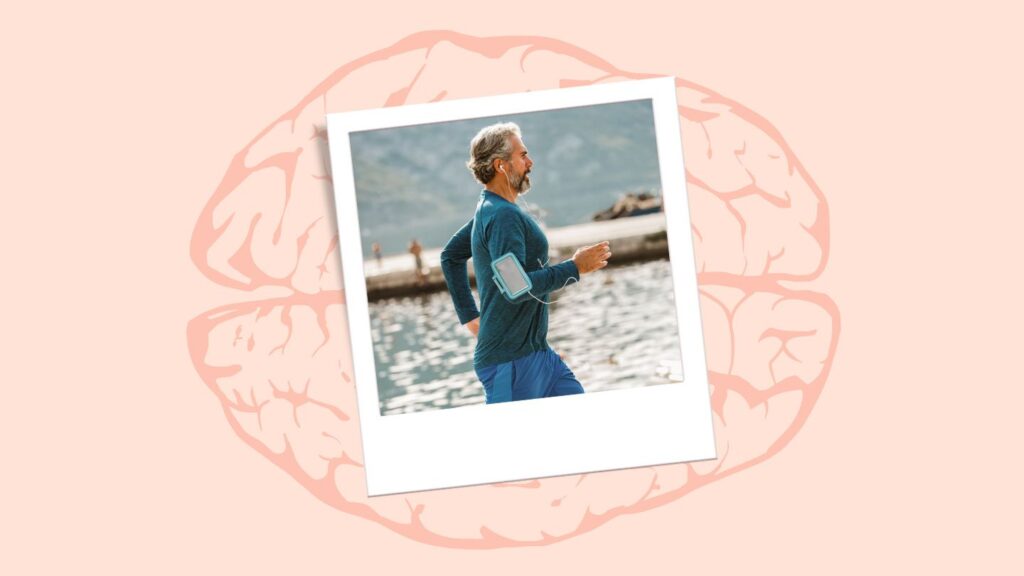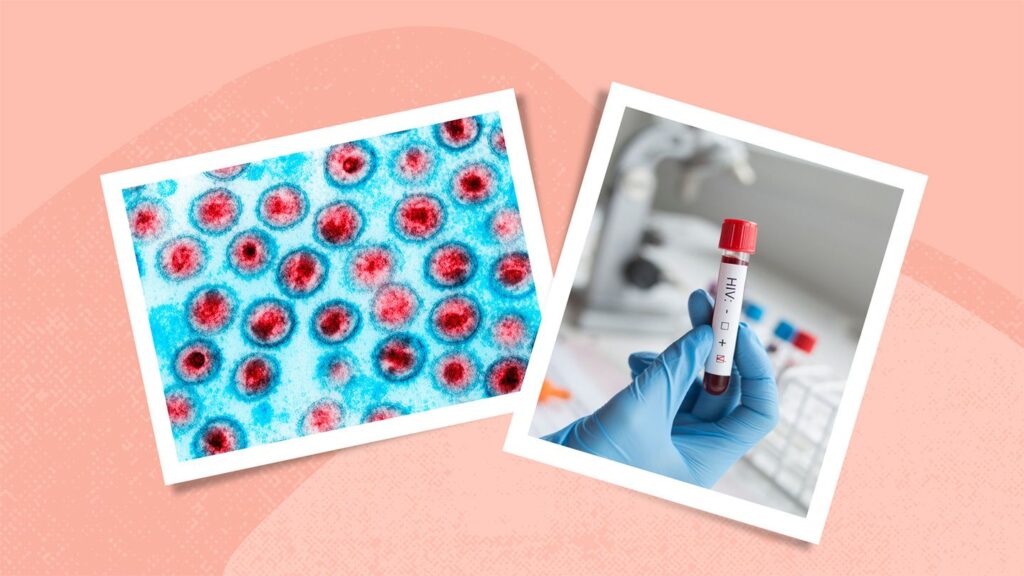Statins are a class of prescription drugs that reduce cholesterol in the blood and help keep plaque from building up in the arteries. These medicines can lower your risk of cardiovascular disease (CVD), heart attack , and stroke . Statins are available only by prescription, and brands include Lipitor , Crestor , and Zocor .
What Are Statins? Overview Statins are cholesterol-lowering medicines that: Reduce levels of low-density lipoprotein (LDL) or “bad” cholesterol Raise levels of high-density lipoprotein (HDL) “good” cholesterol Lower levels of triglycerides , a type of fat in the blood Help prevent CVD, including heart disease , and its complications. Cardiovascular disease is responsible for more than 1 in 4 deaths in the United States, according to the United States Preventive Services Task Force (USPSTF).e60dc2a1-f33c-4a05-9b50-8e3e8e597629c417cb98-03e4-4c9f-be51-9cb6b876fc53 Diet and exercise can also help lower and manage cholesterol levels, but statins may be needed if those lifestyle changes aren’t enough to make significant improvements.
What Conditions Do Statins Treat? Conditions Statins can help reduce total cholesterol levels, which is the sum of your HDL and LDL cholesterol levels, plus 20 percent of your triglyceride level.e60dc2a1-f33c-4a05-9b50-8e3e8e597629a2ade2e7-b932-4504-a98d-ed31417d7b8e Statins have approval from the U.S. Food and Drug Administration (FDA) to treat or prevent the following conditions:e60dc2a1-f33c-4a05-9b50-8e3e8e597629c8e0a2ad-3c24-483c-94ed-0779b46e9673 Coronary heart disease, also known as coronary artery disease Stroke Heart attack Atherosclerosis , where plaque builds up in the arteries Some inherited conditions that lead to high cholesterol or high triglyceride levels Healthcare providers can also prescribe statins off-label for some conditions. Off-label means they don’t have FDA approval specifically for these uses, but research suggests they may be safe and effective. Statins may also be prescribed for:e60dc2a1-f33c-4a05-9b50-8e3e8e597629c8e0a2ad-3c24-483c-94ed-0779b46e9673 Metabolic dysfunction–associated liver disease (MASLD) , previously known as nonalcoholic fatty liver disease Cardiac allograft vasculopathy, when blood vessels narrow after a heart transplant Prevention of kidney damage from using a contrast dye, for instance, during an imaging test Who Needs Statins? The USPSTF recommends statins for anyone who:e60dc2a1-f33c-4a05-9b50-8e3e8e597629cf5fd3b6-085d-47d8-ab71-5620743d6437 Is 40 to 75 years old Has one or more risk factors for CVD, such as obesity or a family history of heart disease Has a 7.5 to 10 percent risk of developing CVD within the next 10 years If your risk of CVD is over 10 percent, statins may not lower your risk enough. In that case, your healthcare provider may recommend other treatment options, including different types of medication, lifestyle changes, and medical procedures. Statins can have some adverse effects. After age 75, there’s not enough evidence to show that the benefits of statins outweigh the risks.e60dc2a1-f33c-4a05-9b50-8e3e8e597629cf5fd3b6-085d-47d8-ab71-5620743d6437
Types of Statins Types All statins are prescription drugs, and they come in tablet or capsule form. They are not available over the counter. Several different types of statins have FDA approval:e60dc2a1-f33c-4a05-9b50-8e3e8e5976290b5e8064-82e7-42f1-ae56-b6ad3a359daa atorvastatin (Lipitor) rosuvastatin (Crestor) fluvastatin (Lescol) lovastatin (Mevacor) pitavastatin (Livalo) pravastatin (Pravachol) simvastatin (Zocor) Statins can be low, moderate, or high intensity, depending on the dose.e60dc2a1-f33c-4a05-9b50-8e3e8e597629dc748cdb-d15a-49bb-a249-850a521e61aa Atorvastatin and rosuvastatin are the only high-intensity statins. They can be medium intensity, but they are not low intensity at any dose. Research suggests high-intensity statins can reduce your LDL by around 50 percent, but higher doses are more likely to lead to adverse effects.e60dc2a1-f33c-4a05-9b50-8e3e8e597629a13d912e-6a46-4ea2-9bf0-3112b1a9aebe If the statin you’re taking isn’t improving your cholesterol levels or you have unpleasant side effects, speak to your healthcare provider. They may change your prescription or the dose.
How Do Statins Work? Function Too much unhealthy cholesterol in the bloodstream puts your heart health at risk. Statins reduce LDL cholesterol by blocking an enzyme in the liver that’s responsible for producing cholesterol.e60dc2a1-f33c-4a05-9b50-8e3e8e597629a2f76923-ccff-4a7f-bf6d-803674d55d49 Statins can help: Remove LDL cholesterol from the blood Increase HDL cholesterol levels Decrease the buildup of plaque on artery walls Reduce swelling in the artery walls Stop plaque from breaking up and traveling to other parts of the body, where it could block the blood flow to the heart, brain, or lungs, as in pulmonary embolism Reduce the risk of blood clots
What Are the Possible Side Effects of Statins? Side Effects Statins are often well tolerated among those who take them, but they can cause a variety of side effects. In some people, those adverse reactions will go away as your body adjusts to being on the new medicine. If they don’t, talk to your healthcare provider if you’re experiencing any of these common side effects:e60dc2a1-f33c-4a05-9b50-8e3e8e597629fc8ab6e1-e377-438b-89c8-b6f47e00df8c Muscle weakness or tenderness Headache Lightheadedness Weakness Gastrointestinal problems, such as constipation , diarrhea, or nausea Joint pain Sleep problems A low platelet count, which could increase the risk of infections Less commonly, statin use can lead to: Vomiting Memory loss Hair loss Tingling Inflammation of the liver or pancreas Acne An itchy rash Low libido or erectile dysfunction Rhabdomyolysis, a serious skeletal muscle disease Muscle weakness, known as myopathy Tendon problems Individual statins may have their own side effects. In clinical trials, for instance, 9 out of 10 people using simvastatin reported upper respiratory tract infections.e60dc2a1-f33c-4a05-9b50-8e3e8e597629a0f6c913-b4ef-4a7b-9fbd-329429dbb9e1 It’s important not to stop taking statins without speaking with the person who prescribed them to you. If you’re experiencing unwanted symptoms, your healthcare provider may suggest a different medication. Heart health experts believe that, overall, it’s safer to take statins than not if you have a high risk of stroke or cardiovascular disease.
Are There Any Risks Related to Statins? Risks Yes, and statins may not be suitable for everyone. If you have any of the following health issues, you may not be able to take a statin or you’ll need to be monitored while you’re on them.e60dc2a1-f33c-4a05-9b50-8e3e8e5976291572d9bb-5d1f-4ebe-a2b4-fbb443bacc62 Liver and Kidney Problems Statins can cause liver and kidney damage, but the reasons aren’t well understood. If you have problems with either of those organs, your health may need to be monitored while using statins. If the medications are causing any issues, your healthcare provider may need to change the type of statin you take or the dose. Pregnancy and Breastfeeding If you’re expecting a child, your doctor will likely recommend avoiding statins because of the potential risk to the unborn baby. But it’s possible they may be prescribed if you’re at high risk for cardiovascular problems. If you’re breastfeeding, you may be prescribed an alternative medication, since statins may interfere with an infant’s metabolism. Diabetes There are close links between type 2 diabetes and cardiovascular disease. Type 2 diabetes may increase the risk of cardiovascular disease. These conditions often occur together and both affect people who are obese, are insulin resistant , have high blood pressure, or who smoke.e60dc2a1-f33c-4a05-9b50-8e3e8e5976299d4075a2-7a20-4e43-89c5-5729d339f118 Statins can lower the risk of cardiovascular events, but they may also increase the risk of type 2 diabetes, especially when they’re taken in high doses. Research suggests that 1 to 2 in every 100 people taking statins will develop type 2 diabetes within five years.e60dc2a1-f33c-4a05-9b50-8e3e8e5976298da75616-1166-411d-94f2-d36239c13e10 Experts call this a slight risk. For those prone to cardiovascular problems, the benefits gained from using statins outweigh the risk of developing diabetes when using them. Lifestyle measures, such as diet and exercise, can help manage and prevent both type 2 diabetes and cardiovascular disease. Drug Interactions Some statins interact with other medications. For instance, you won’t be able to take simvastatin or pravastatin with gemfibrozil (Lopid) , another drug for reducing cholesterol. Always make sure your healthcare provider knows all the medications you take, including natural remedies, as some interactions can increase the risk of adverse effects.
The Takeaway Statins are prescription drugs that lower cholesterol levels and help prevent cardiovascular events such as a stroke or heart attack. Statins can cause side effects, but those may go away once your body adjusts to being on the medicine. If you’re concerned about your cholesterol levels — or about statins you’re already taking — speak with your healthcare provider.
Statins



